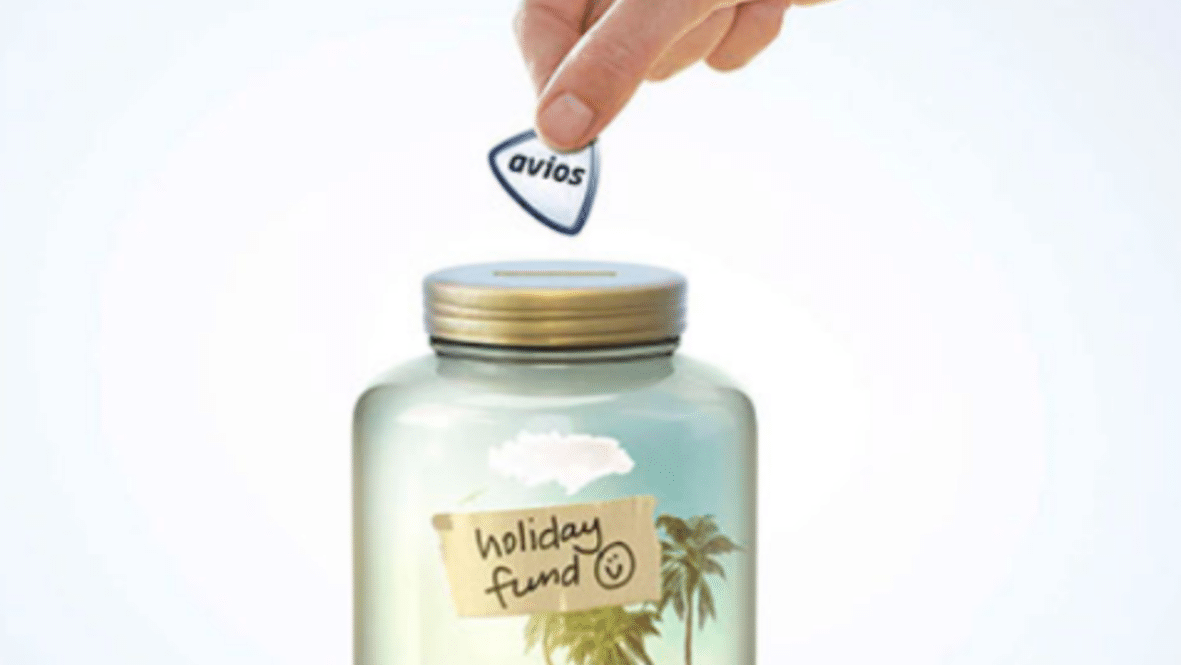Check Accounts, Bills and Ongoing Payments
Start by identifying any bills or accounts that were in their name—this could include utilities, loans, or subscriptions. If there were any joint accounts or shared debts, you’ll need to review those too.
Let the relevant providers know about the death as soon as possible—they’re often understanding and may offer flexibility during this difficult time. Sometimes, you may need to transfer certain accounts into your name to keep things running smoothly.
Talk to the Bank
After a loved one passes away, it’s important to contact their bank or credit union to get clear information on their accounts. If you had a joint account, you’ll usually still have access to it. However, if the accounts were in their name only, they may be frozen until probate is granted.
It’s a good idea to let the bank know about the death, request a statement of their accounts, and ask about any direct debits or standing orders that may need to be cancelled or updated. The staff can guide you through the next steps and what documents are needed.
Deal with the Will and Probate
If your loved one left a will, the executor named will need to apply for probate. If there is no will, the estate will be handled under Irish intestacy rules. This process can take time—sometimes months—so it’s good to know that it might not be sorted straight away.
You can visit Citizens Information for a step-by-step guide on probate in Ireland.
Get a Clear View of Available Funds
It’s helpful to gather a clear picture of any money that might be available to help cover bills and expenses. Here are some common sources to check:
Life Insurance
If they had a life insurance policy, this can provide a lump sum payment to help with things like funeral costs, mortgage payments, or other bills.
Death-in-Service Benefit
If they were working, their employer might offer a death-in-service payment—a tax-free lump sum that’s often a multiple of their salary.
Pension Funds
If the deceased had a pension fund, what happens next will depend on a few factors—mainly whether they passed away before or after retirement and the type of pension they had.
For example, if the person passed away before retirement while still working and had an occupational pension, the value of their pension fund is usually paid to their estate based on what’s called a “surrender value.” This means the estate may receive the full value of both their own contributions and their employer’s contributions to the pension fund.
However, there are certain rules set by Revenue that may affect how and when these funds can be paid out. Every case is different, so it’s important to understand the specific conditions.
Read more on our blog: What Happens To Your Pension Plan When You Die?
Who to Contact
To find out if your loved one had life insurance, a death-in-service benefit, or a pension fund sum, there are a few key places to contact. Start by checking any policy documents or paperwork they may have left behind and get in touch with their life insurance provider.
You should also reach out to their employer’s HR department—they can let you know if a death-in-service payment applies or if there are any workplace pensions.
Investments and Savings
Check if there are any investments, savings plans, shares, fixed-term deposits, or assets like stocks, bonds, or mutual funds.
Some of these accounts may be in joint names, which can make access easier, while others might be solely in the deceased’s name and form part of the estate—meaning they may require probate before any money can be released.
It’s a good idea to contact the financial institutions they were involved with to get up-to-date statements and to understand what’s available, how to access it, and what rules apply.
Joint Bank Accounts
If you shared any bank accounts, you may still have access to those funds right away, which can help cover immediate expenses.
Government Benefits
Depending on your situation, you may be entitled to supports like the Widow’s, Widower’s or Surviving Civil Partner’s Pension.
To find out if you qualify for bereavement benefits or other government assistance, it’s a good idea to check the Citizens Information website.
Publisher: Source link










